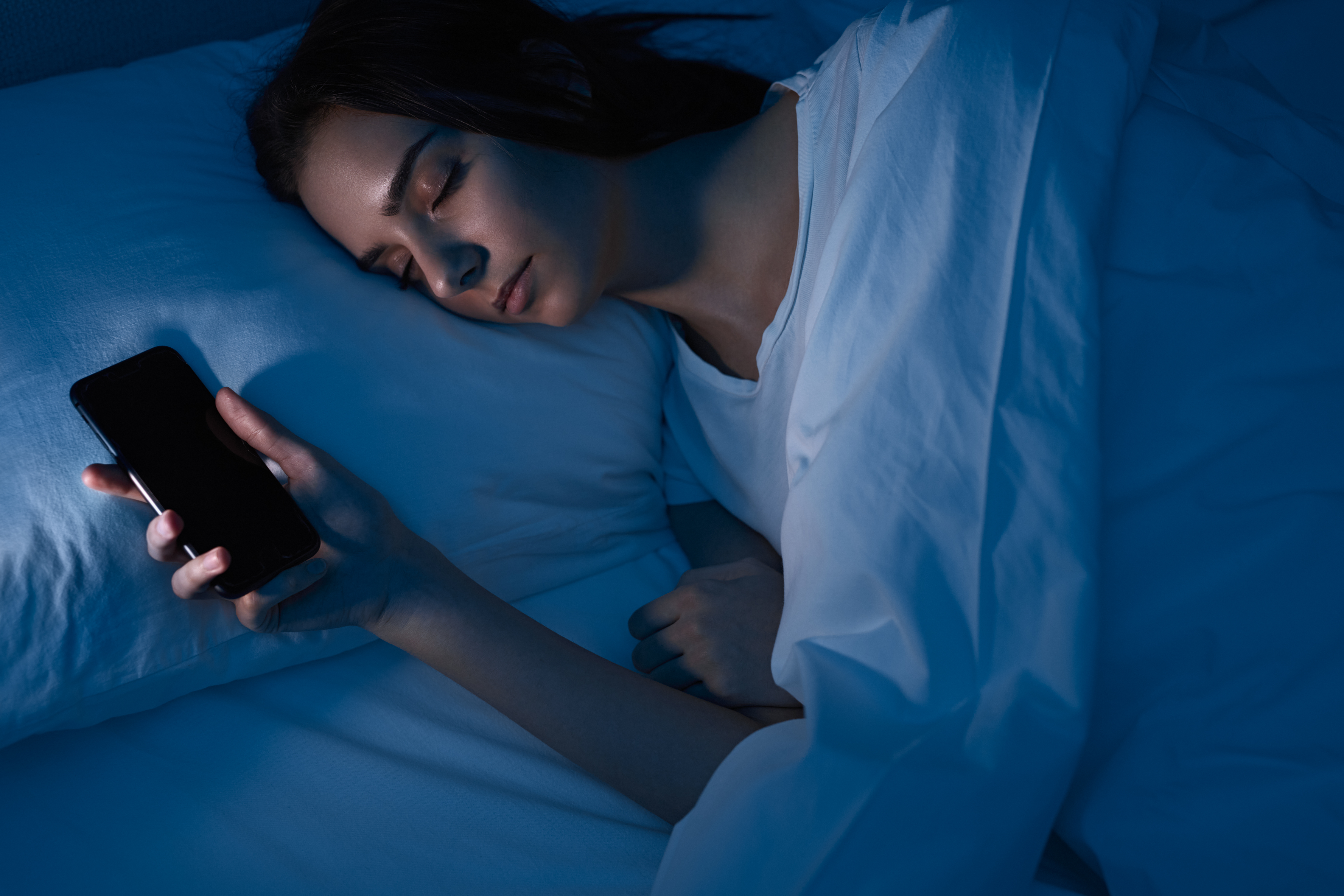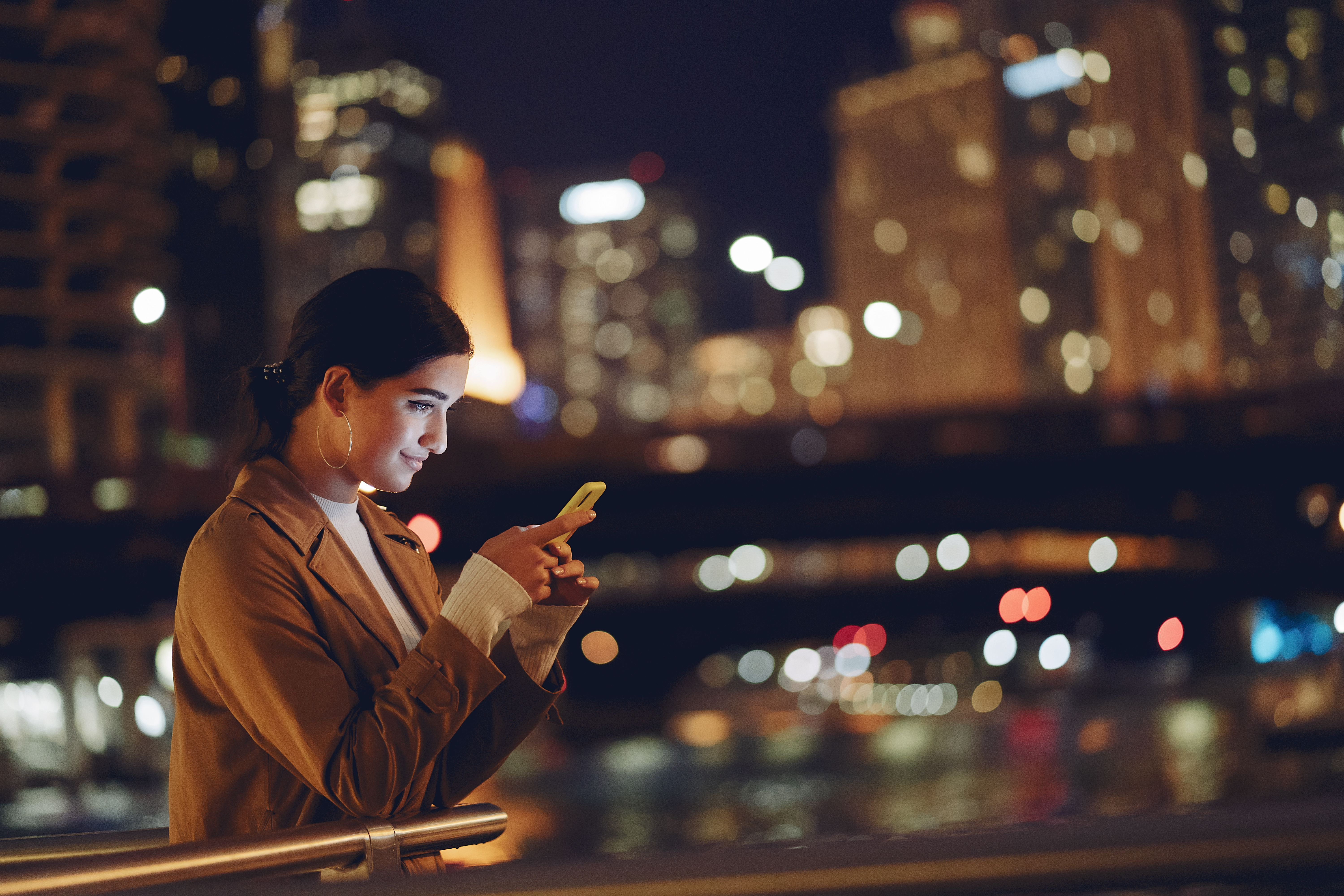10 Ways Late-Night Screens Ruin Your Sleep And Health
9. Future Research Directions on Screen Glow and Sleep

Future research on the impact of screen glow on sleep and health is essential for developing effective interventions and strategies. While current studies have highlighted the negative effects of blue light exposure on sleep, there is still much to learn about the long-term impact of screen use on circadian rhythms and overall health. Future research can explore the cumulative effects of chronic screen exposure, as well as the potential for individual differences in susceptibility to blue light. Advancements in technology provide opportunities for innovative research methodologies. Wearable devices and sleep-tracking apps can offer valuable insights into sleep patterns and the impact of screen use on sleep quality. These technologies can facilitate large-scale studies that provide a comprehensive understanding of how screen habits influence sleep and health outcomes. Additionally, research can explore the effectiveness of interventions, such as blue light filters and screen time management tools, in mitigating the impact of screen glow on sleep. Understanding the interaction between screen use and other lifestyle factors is another important area for future research. Factors such as diet, physical activity, and stress levels can all influence sleep quality, and their interaction with screen habits warrants further exploration. By advancing our understanding of the complex relationship between screen glow and sleep, future research can inform the development of targeted interventions and public health strategies to promote better sleep and overall well-being.
10. Increased Risk of Eye Strain and Digital Fatigue

Staring at screens late at night doesn’t just affect sleep—it also takes a toll on your eyes. Prolonged screen exposure, especially in dim lighting, can lead to digital eye strain, causing discomfort, dryness, and even headaches. The blue light emitted by screens contributes to visual fatigue by forcing the eyes to focus harder, often leading to blurred vision or difficulty adjusting to natural light afterward. Additionally, screen exposure at night can disrupt the production of melatonin in the retina, making it even harder for your eyes to transition from artificial light to darkness for sleep. Over time, excessive screen use without breaks can contribute to long-term vision problems, including an increased risk of myopia (nearsightedness) and difficulty focusing on objects at different distances (digital eye strain syndrome). To protect your eyes and improve sleep, consider using blue light blocking glasses, adjusting screen brightness, and following the 20-20-20 rule: every 20 minutes, look at something 20 feet away for at least 20 seconds. Prioritizing eye health at night will not only help prevent strain but also support better sleep and overall well-being.
